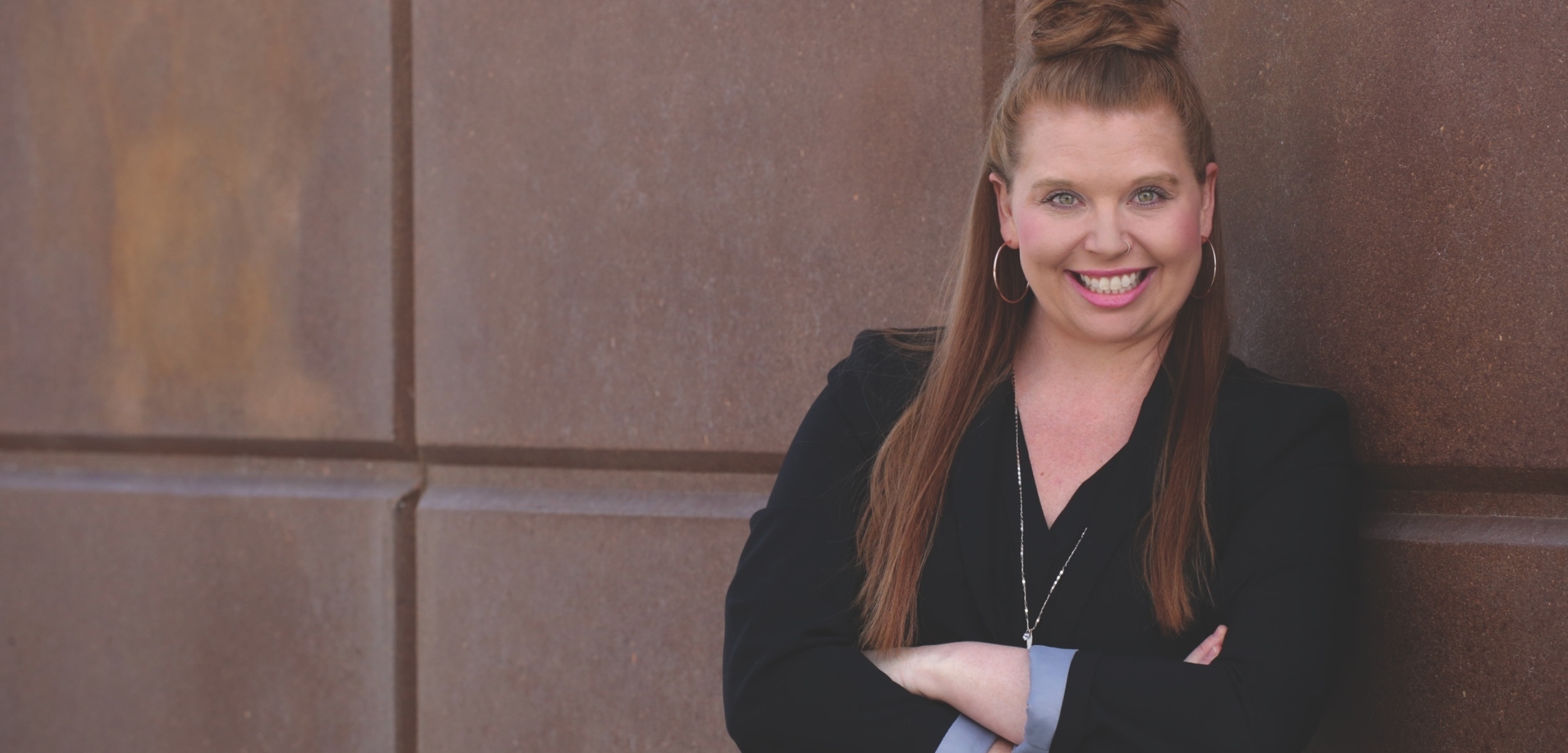
How CWU’s University Centers Evolved to Serve Students in Non-Traditional Learning Environments
Dalleri Olels has worked most of her adult life in the medical field. But a few years ago, she began to get a restless feeling that something was missing in her life.
She decided to take a leap of faith. Olels quit her job at a hospital and sought to pursue something that she felt would be more personally rewarding—a career in education.
She enrolled at Yakima Valley College to knock out her prerequisites, then had a bevy of choices to consider when it came to finishing her degree. Originally from Selah, Washington, she had a job and a family in Yakima, which were major considerations in her deliberations.
“I was thinking about doing an online program, thinking about commuting to Ellensburg, and weighing all of my options,” Olels said. “The cohort program at CWU-Yakima was ideal.”
The center offered her the program she wanted and was also conveniently located just two miles from her home. She is now completing her senior year and will begin student teaching fifth grade this spring.
“I was born and raised in Selah and was always involved in the community,” Olels said. “I’m hoping to get a job teaching in Selah and be able to give back to the community again.”
Olels’s story echoes that of many Washingtonians who want to pursue educational goals. For them, CWU’s University Centers are a perfect fit. A large number have full-time jobs, families to take care of, or both—so a traditional university experience just isn’t on the menu.
CWU’s University Centers and instructional sites, however, offer outside-the-box education options at eight locations across the state for students of all ages and interests, including in Des Moines, Lynnwood, Moses Lake, Pierce County, Wenatchee, Yakima, Joint Base Lewis-McChord, and Sammamish.
So how do the centers keep up with the growing needs of students? Melanie Palm, former director of Center Operations and current director of CWU-Yakima, has been with Central for 16 years and believes that it has something to do with agility and the ability to change.
“A student can go anywhere they want to in the world because of the online component,” Palm said. The centers, she explained, needed to be—and are—different. They are built on a system based on meeting a community’s educational wishes.
“With the centers, we have all kinds of flexibility because we are the closest to the students,” she continued. “Ninety miles is the maximum distance that most center students are able to travel, due to them being ‘place-bound’ with work or family.”
The idea of supporting community also goes full circle with CWU. In 2016, the city of Sammamish approached CWU and proposed a partnership that would open Running Start doors to the local high school population. In 2017, CWU did just that.
“Opening the doors here was incredibly agile for Central,” said Elaine Harney, CWU-Sammamish regional director. “We have already increased the breadth of classes offered including science, which we know the community wants.”
Listening to the community is also evident in a huge milestone that CWU-Sammamish recently celebrated with the announcement of the first program of its kind at the center, a master’s in Information Technology and Administrative Management (MS-ITAM) with a specialization in cybersecurity.
Survey findings initiated by CWU-Sammamish showed a deficit in the number of cybersecurity professionals in the area, representing a huge opportunity. The one-year program will be available to students beginning fall 2019.
Harney, like most of the center directors, is eager to serve the centers’ complex niche student base. “I’m a roll-up-your-sleeves, let’s-get-it-done type of person,” Harney said. “I’m not afraid of getting in the trenches. It’s invigorating.”



comments powered by Disqus